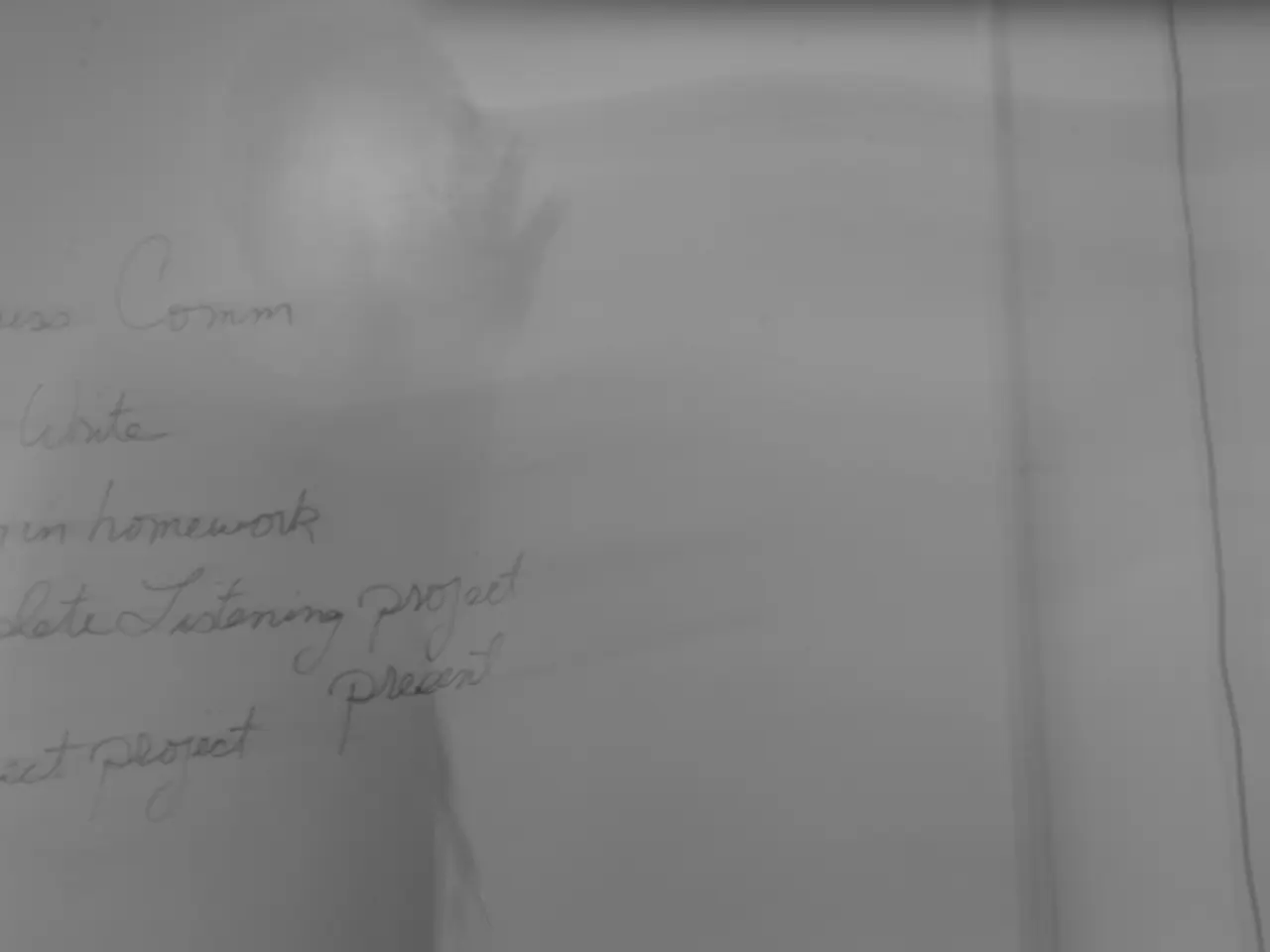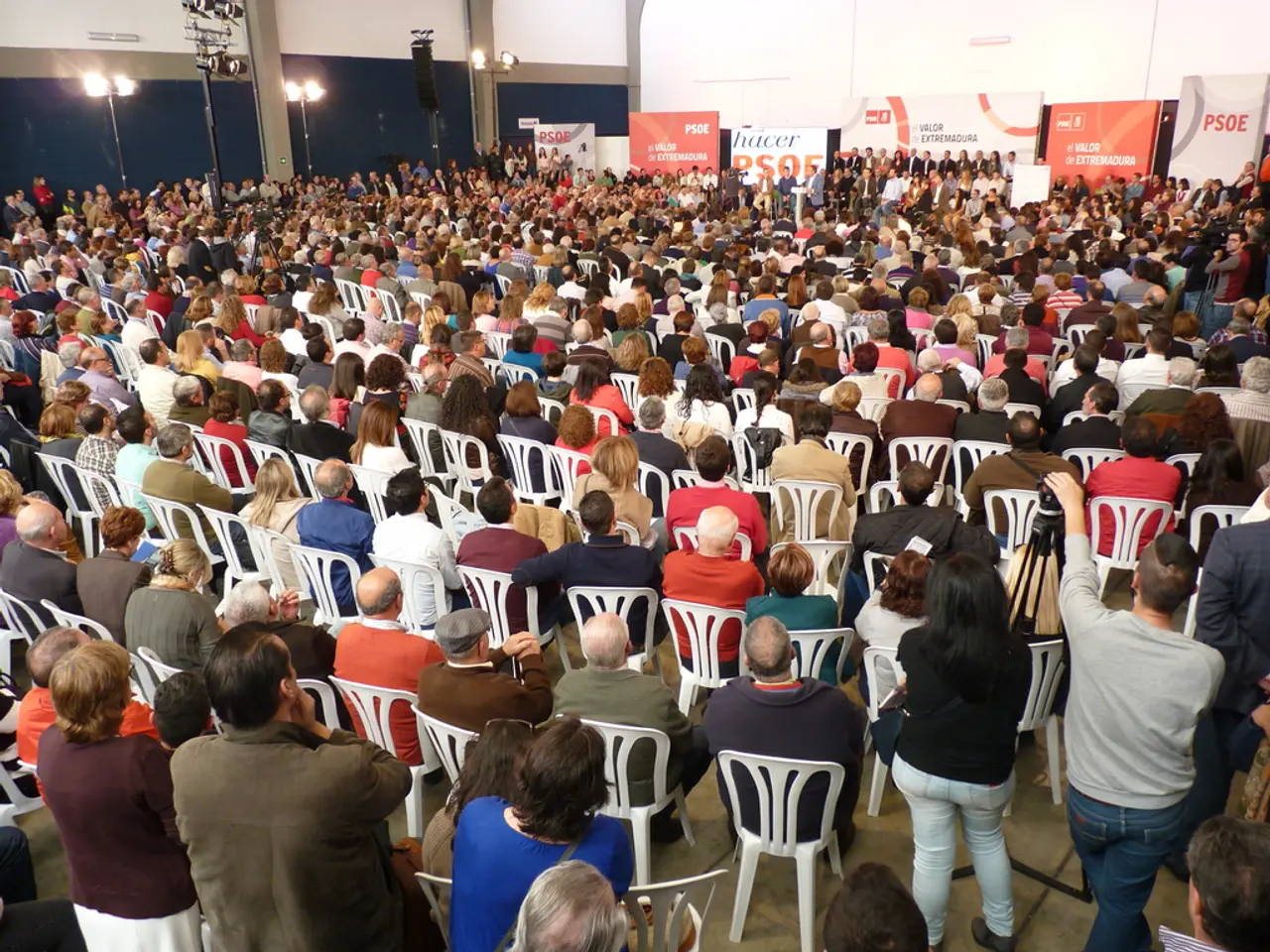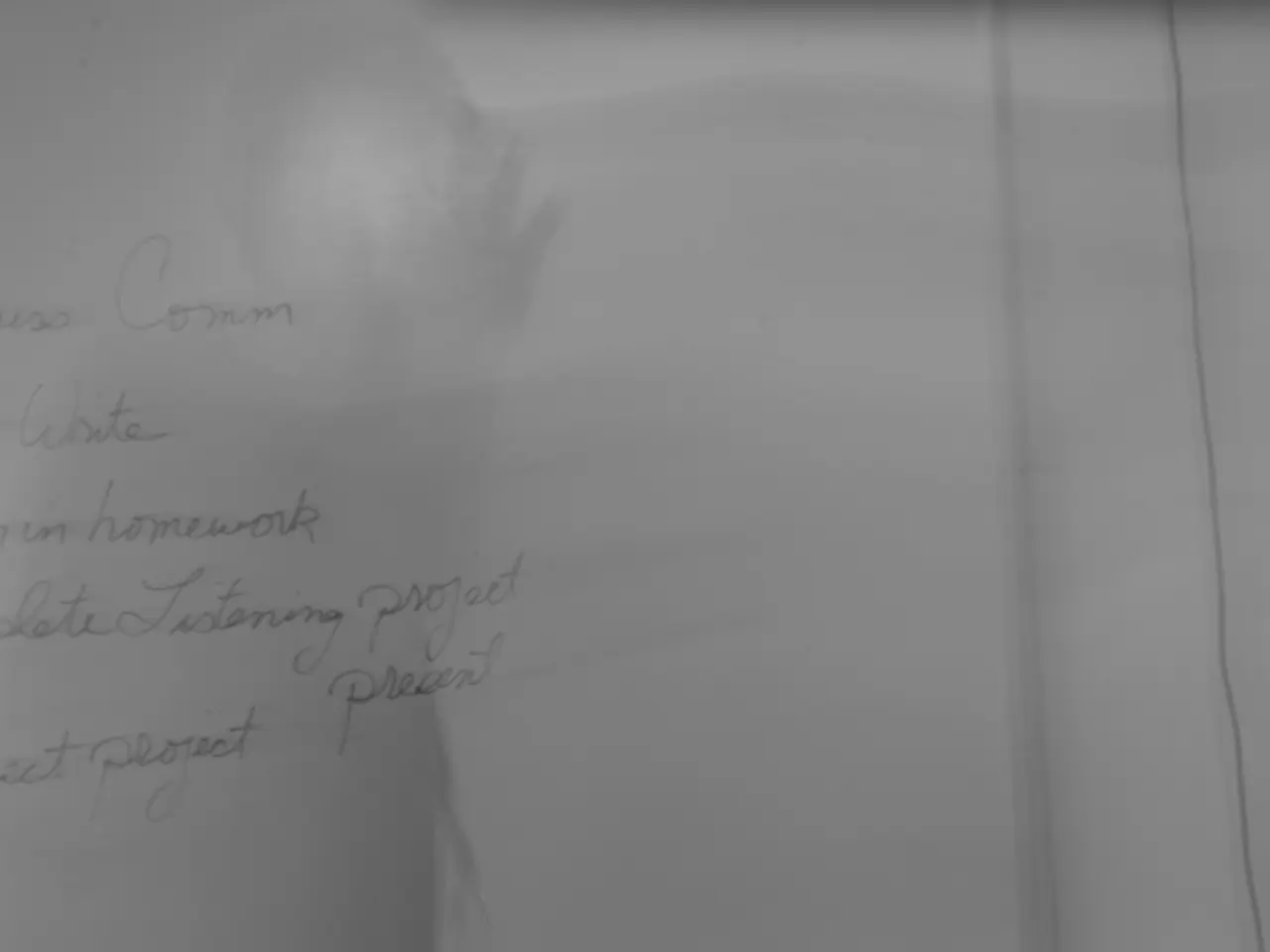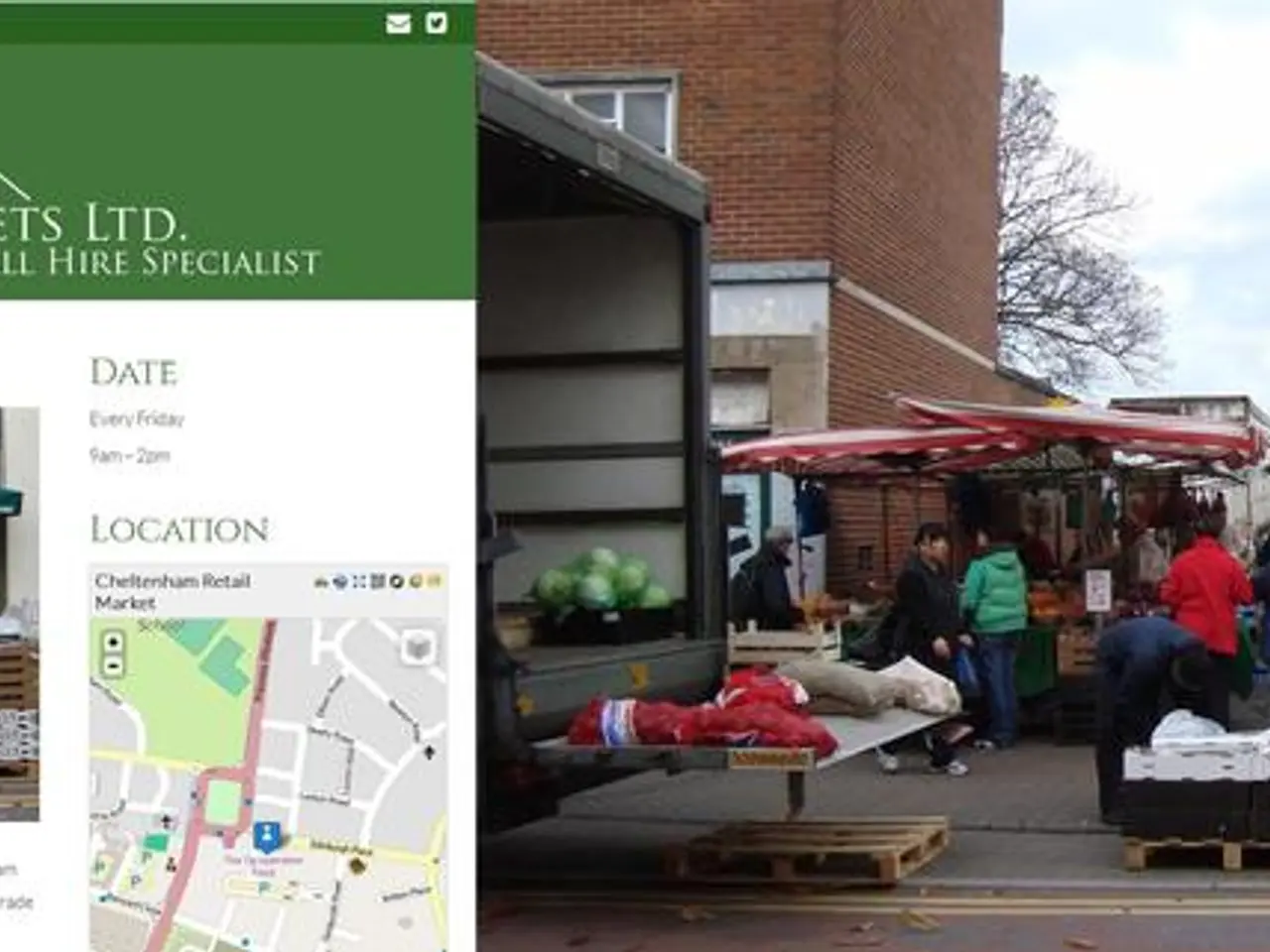Investor enthusiasm in the United States diminishes temporarily due to tariff concerns
American Investors: Optimistic Amid Tariff Woes
Investors in the US are bracing for short-term turbulence due to tariffs but remain steadfast in their faith for the long-term prospects. This, according to recent research conducted by the US subsidiary of the Big Four accounting firm, KPMG.
First glance at a pair of surveys indicates waning near-term optimism among 300 institutional investors based in the US. To get a grasp of investor sentiment before and after the Trump administration’s tariff announcements, KPMG questioned investors once between January and February, and again in April. A 12-point decline in investor optimism was noted across the surveys, KPMG mentioned.
Officials from KPMG highlighted that the US's tariff regime is significantly influencing investment decisions. It's worth noting that, in January and February, 96% of respondents expressed either very high or moderate optimism towards near-term economic growth. This figure dipped to 84% in the April survey, with KPMG using "near-term" to refer to the following 18 months.
Interestingly, investor optimism for the longer term picked up in the days between the two surveys, moving from 84% in the January-February survey to 92% when asked once again in April.
The Trump administration's stated goal in raising tariffs on foreign-made goods has been to boost US manufacturing. According to KPMG’s research, investors seem prepared for this transition.
"Tariffs, be it the subsequent impacts or mitigation of them, are challenging institutional investors to rethink their investment strategies and risk appetite," said Tarek Ebeid, Head of KPMG US’ Northern California audit practice. "While they maintain an optimistic view of long-term growth, their focus has shifted to domestic companies in industries experiencing less turbulence due to the current market environment."
Investors don't believe this uncertainty will last long, with 40% thinking it will be limited to six months to a year, while 25% expecting it to linger beyond two years.
However, the research suggests nearly half (47%) of respondents anticipate an economic recession within the next 18 months.
KPMG surveyed investors who work in areas such as asset management (46% of respondents), venture capital (29%), and private equity (25%). Notable variations in confidence among these three investor groups were reported. Among venture capital respondents, 95% expressed optimism towards economic growth beyond 18 months. This was the highest level among all respondents, according to KPMG.
"There is a reason that these VC firms continue to receive significant funding - another reason for their optimism," Conor Moore, Global and US Head of KPMG Private Enterprise, told a reputable website. "Additionally, the next 36 months may very well witness the greatest technology changes ever in such a short period of time - a prime opportunity for these venture firms."
In essence, American institutional investors display a cautiously optimistic outlook towards short-term and long-term economic growth. They see potential opportunities stemming from lower tariffs, technological advancements, and sustained economic growth. Yet, they remain aware of the risks posed by tariffs, carefully integrating these concerns into their investment strategies while anticipating improved economic conditions to boost equities and fixed income returns through 2025 and beyond.
- Despit the short-term turbulence due to tariffs, American institutional investors remain optimistic about the long-term prospects for economic growth.
- The Trump administration's tariffs have significantly influenced investment decisions, according to a recent survey by KPMG.
- In the face of tariff-related uncertainty, investors are rethinking their investment strategies and risk appetite, particularly focusing on domestic companies experiencing less market turbulence.
- KPMG's research suggests that the economic uncertainty caused by tariffs is expected to be limited, with 40% of respondents believing it will last only for six months to a year.
- However, nearly half (47%) of respondents anticipate an economic recession within the next 18 months, indicating the presence of inherent risks in the current economic climate for investors, especially those involved in asset management, venture capital, and private equity.








